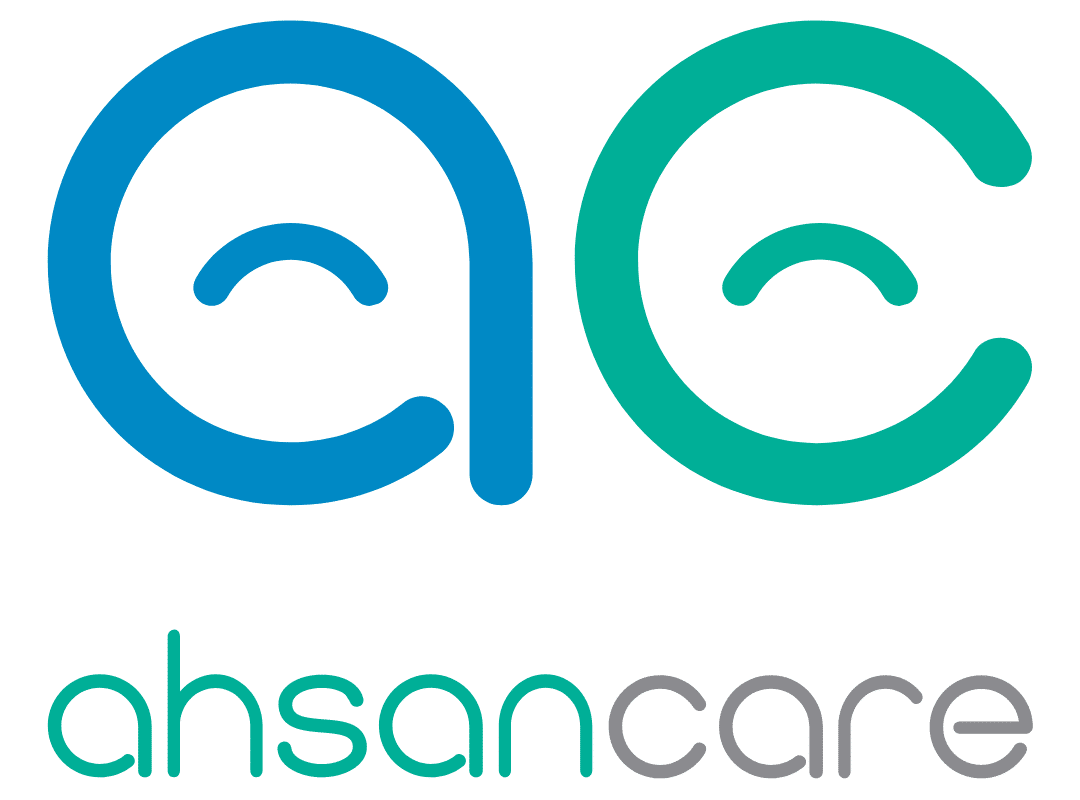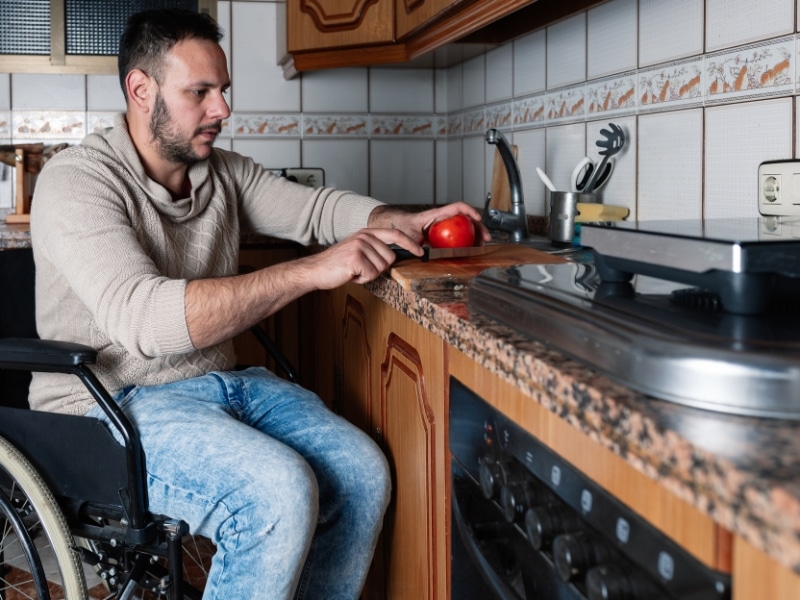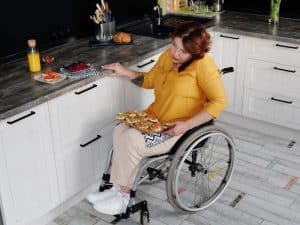Managing day-to-day chores isn’t always simple, especially if you’re living with a disability. For many NDIS participants, routine jobs like cleaning, cooking, or laundry become tough to manage alone. That’s where household tasks assistance makes a real impact. This funded support helps maintain safe, functional homes while reducing physical strain. When done right, it supports independence and well-being without taking over your space or choices. In this guide, you’ll explore what kind of help is available, why gaps still exist, and how to make sure the support you receive fits your needs, not someone else’s assumptions.
What everyday barriers require household tasks?
The daily grind of housework can quickly turn into a full-blown challenge when disability gets in the way. For many participants, certain limitations make even the smallest jobs feel like climbing a hill in thongs.
- Joint stiffness or hand weakness limits grip strength and makes scrubbing or lifting awkward.
- Fatigue from chronic illness often turns a single task into a full-day effort.
- Balance or dizziness issues make using ladders or cleaning bathrooms risky.
- Sensory processing challenges can create overwhelm from smells or sounds involved in cleaning.
- Coordination difficulties may make simple tasks like folding clothes or rinsing dishes frustrating and slow.
- Vision impairments can lead to missed hazards, such as spills, clutter or expired food.
For many, it’s not about avoiding chores — it’s about having the physical ability, time, and energy to do them safely. The line between manageable and unsafe can shift quickly, especially during illness flare-ups or recovery periods. That’s why having household tasks support built into an NDIS plan isn’t a luxury — it’s a foundational need for staying well and at home.
Why do NDIS participants often lack help with chores?
Despite being a funded support, household task assistance can be surprisingly tricky to secure. Many participants end up missing out, not because they don’t qualify, but because the system lets things fall through the cracks.
- Plans are rushed and don’t always reflect real daily challenges.
- Support coordinators might miss details during fast-paced planning meetings.
- Participants may feel awkward asking for what they see as basic help.
- Low awareness means some don’t know these supports are even available.
- Support language is unclear: If you’re not using the right terminology, essential needs can be overlooked.
- Prioritisation issues: When multiple high-level needs exist, planners sometimes skip over home tasks entirely.
The consequences of this gap go beyond an untidy space. Lack of assistance means some participants are forced to choose between their health and their home. This is also where the importance of cleaning to maintain a safe environment becomes more than a slogan — it’s a direct connection between support access and wellbeing.
How does insufficient support impact home independence?
It’s easy to underestimate how quickly things unravel when household tasks fall behind. For NDIS participants, this backlog affects more than just cleanliness — it touches every part of life.
- Increased fall risk from cluttered walkways or slippery surfaces.
- Mould or dust build-up triggers respiratory issues.
- Low mood or anxiety worsens in chaotic environments.
- Avoidant behaviours kick in, making people isolate themselves socially.
- Infections or illnesses from poor food hygiene or unsanitary bathroom conditions.
- Reduced energy for goals when daily tasks dominate all available effort.
There’s also the mental toll — when chores feel endless and unachievable, motivation for everything else drops. Participants may lose confidence or stop setting new goals altogether. Even outdoor tasks, like pruning trees at the right time, can add to the overwhelm if you don’t have help.
Understanding the best time to trim fruit trees can make managing your garden feel more achievable alongside indoor chores. By contrast, reliable home help often restores not just physical safety but emotional clarity. Better hygiene reduces stress, and that alone is a powerful motivator.
Which NDIS services cover household tasks assistance?
NDIS funding under Core Supports can include a range of services that fall under household task assistance. These services are typically offered by support workers, but some can also involve assistive technologies.
| Service Type | Tasks Included | Purpose |
| Domestic Cleaning | Mopping, dusting, vacuuming, surface sanitising | Maintains hygiene and reduces injury risks |
| Meal Preparation | Cooking, food safety, and portioning meals | Supports nutrition and independence |
| Grocery Shopping | Creating lists, transport, and item selection | Maintains food access and routine |
| Garden Maintenance | Lawn care, hedge trimming, and removing waste | Prevents outdoor hazards and pests |
| Home Organisation | Sorting, decluttering, and managing daily routines | Reduces overwhelm and improves usability |
Some participants also receive help setting up automated tools like motion-sensor lighting or medication reminders — small things that have a big impact. If you’re comparing options, it’s worth exploring government disability assistance programs to see how NDIS household supports measure up — few offer the same level of personalisation and flexibility.
How can providers ensure quality in household tasks support?
Getting support is one thing — getting quality support is another. NDIS providers need to treat household task assistance with the same professionalism as any clinical or therapy service.
- Trained staff who understand disability-specific needs deliver safer, more efficient service.
- Respectful interaction builds trust and comfort in your home.
- Consistent scheduling reduces disruptions and allows for predictable routines.
- Feedback loops give you a say in what’s working (and what’s not).
- Integration of tech tools, such as task apps or checklists, improves transparency.
- Awareness of cultural needs ensures respectful care across different home and family styles.
And it’s not just about what’s cleaned — it’s about how. Support workers who overstep boundaries or treat tasks like favours instead of funded services risk damaging trust. One increasingly useful approach is incorporating home technologies to simplify tasks, from robot vacuums to visual timers. These aren’t replacements for human help but smart complements.
What’s the process to apply for household tasks assistance?
Getting household tasks written into your NDIS plan doesn’t happen automatically. It requires some forward thinking and a little bit of paperwork elbow grease.
- Start with evidence: Occupational therapy reports or functional assessments help validate the support needed.
- Define your goals: Tie each task to an outcome, like “staying safe at home” or “maintaining hygiene”.
- Ask clearly in your planning meeting: Be direct and use examples
- Link it to outcomes: Framing help with cooking as part of a broader nutrition goal increases approval chances.
- Request reviews if needed: If your plan lacks this support, a plan reassessment can fix that.
- Keep records: Ongoing notes or journal entries showing task difficulty can support future funding adjustments.
It’s also worth noting that you can request a second opinion or bring a support person to planning meetings — this helps reduce the pressure and gives you backup. Once approved, participants often search for local providers that specialise in assistance with household tasks to deliver services that are flexible, safe, and tailored to their routines.
NDIS household tasks assistance helps maintain independence
You deserve to live in a space that supports your health, not one that drains it. Household task assistance through the NDIS is a powerful way to take control of your day-to-day without compromising on dignity. From better hygiene to improved confidence, these services unlock real, tangible benefits. Don’t let confusion or red tape stop you from asking for what you need.
If you’re not sure where to begin, you can learn more from Ahsan Care Provider’s support team — their insight might be the nudge you need to take the next step.



